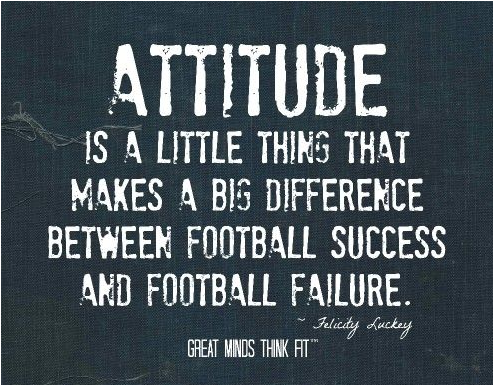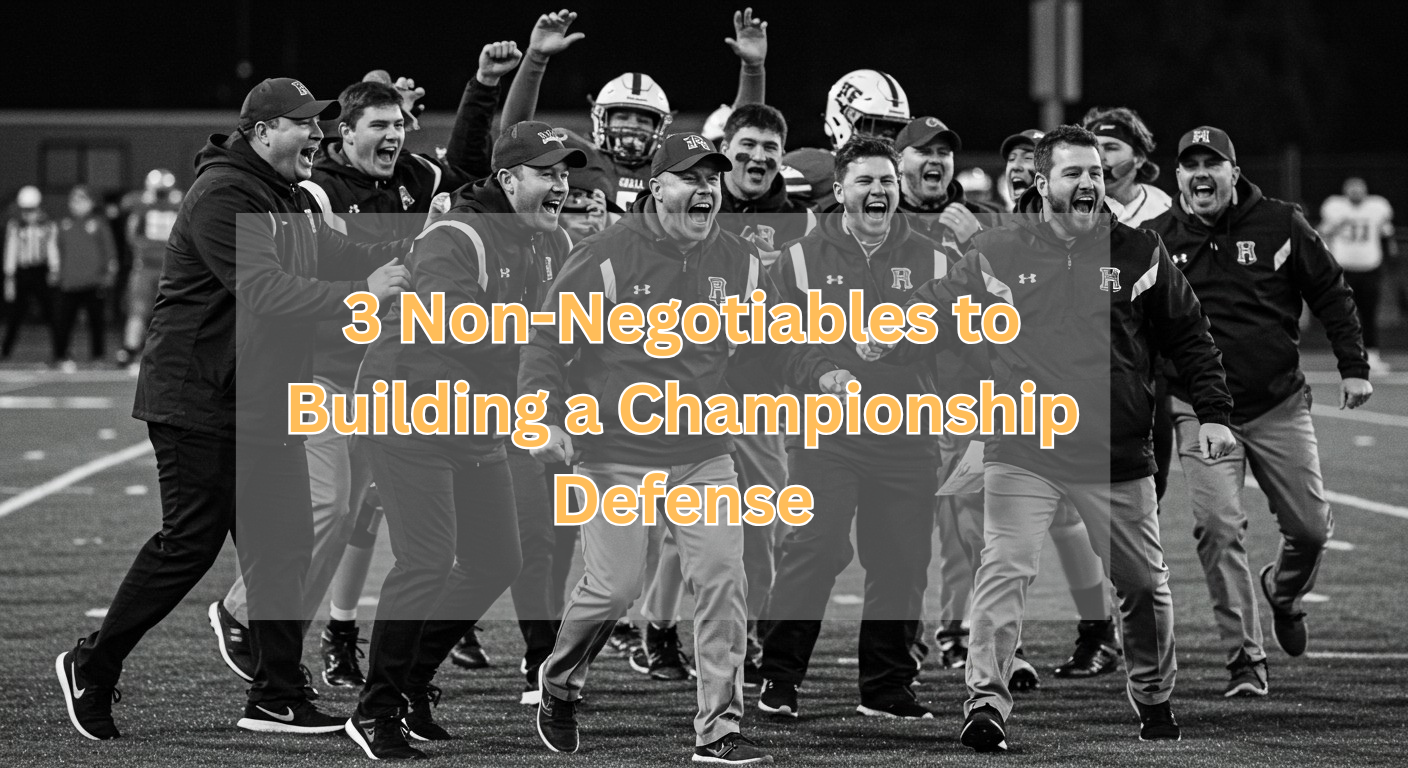Coaching with a Positive Attitude

Coaching with a Positive Attitude in Youth Sports
A coach presenting a positive attitude during the parents meeting and the first few interactions with the players will set the tone for the rest of the season. It will be a direct indicator of how he will handle the players, what he will and won’t accept and will be a strong support for his season long goals.
It’s extremely important for a coach to have a positive attitude and good conversations with the parents. The parents want to know who they are entrusting their child with and it’s as much about how you will handle yourself as a leader as it is your competency on the dry erase board regarding X’s and O’s.
The coach must be the personality model for his players as the team will often take on the personality of the coach. By mid-season, coaches will often see players imitate mannerisms and sayings displayed by the coaching staff. This is especially true in difficult situations as the players will revert to what they know to be successful – and they can’t go wrong if they do what they think the coach would do. Make sure those mannerisms and sayings are ones you want your kids to repeat.
Here are my 4 keys for creating a positive attitude among the players:
- Develop an Attitude of Praise
Celebrating a child’s efforts by letting him know he tried hard and you’re proud of him can go a long way in fostering a positive climate. Not only will this help the player’s confidence, it will show other players that their EFFORT is one of the things the coaches look for. And, when you get the best effort from your players, good things will happen. Take the opportunity to highlight what the players do well as often as you can and they’ll want to do those things more and more. Be careful to not create reasons to praise the players as they are very adept at identifying any lack of truth. There are lessons to be taught in winning and losing, successes and failures. Remember, a yelling coach will create deaf ears, and a coach that constantly yells at his players has nothing to escalate to.
- Avoid Negativity and Pessimism
When a coach focuses on the negatives, the players will immediately feel failure. When the coach accentuates the positives, players will feel success. My high school coach once told me that my mistakes on the field were his mistakes in coaching. His point was that it’s our responsibility as coaches to teach every kid what correct is. If the player fails, we didn’t teach him correctly, understanding the concept that not every kid learns the same way so we can’t coach every kid the same way. When you show negativity to a player, even if you hope it motivates him to improve, little by little it will eat away at his confidence, and therefore, his decisiveness.
- Stress the Positives
Effective coaches understand that success is not always measured by wins and losses. Success can be the smaller kid that always struggles with tackling form, applying a solid, heads up stick, wrap, and drive tackle. It could be measured by the guard that always seems to forget to pull on the trap, conducting that pull and laying out the defensive end.
- Apply Positive Discipline
The key to positive discipline is not punishment, but highlighting the positive actions the player could have taken, ensuring to show that he is capable of taking them, and reinforcing the effects if he had taken those actions. For example, take the two players messing around waiting on a tackling drill. A coach approaches them and says, “Hey you two. See the rest of the players standing in line, watching the drill. You two can do the same thing. And in doing so, you can see the tackling form of the players in front of you and use that to make yourselves better tacklers. Then, as better tacklers, you’ll be the ones with your names called over and over on Friday night.” Coaches can be both firm (ensure your intent and expectations are clearly stated prior to the action) and kind (positive and supportive when desired actions or attitudes are shown), with the ultimate goal of self-discipline and no loss of confidence from the player. This will reinforce social life skills in a manner that is directly applicable to on and off the field discipline, as well as a good relationship between the players and the coaches.
Coaches, do not feel that constantly being positive is a sign of weakness. You can remain firm and strong with your actions and your outlook. The more your kids WANT to play for you, the less you will have to MAKE them play for you.
BETTER EVERY DAY!











